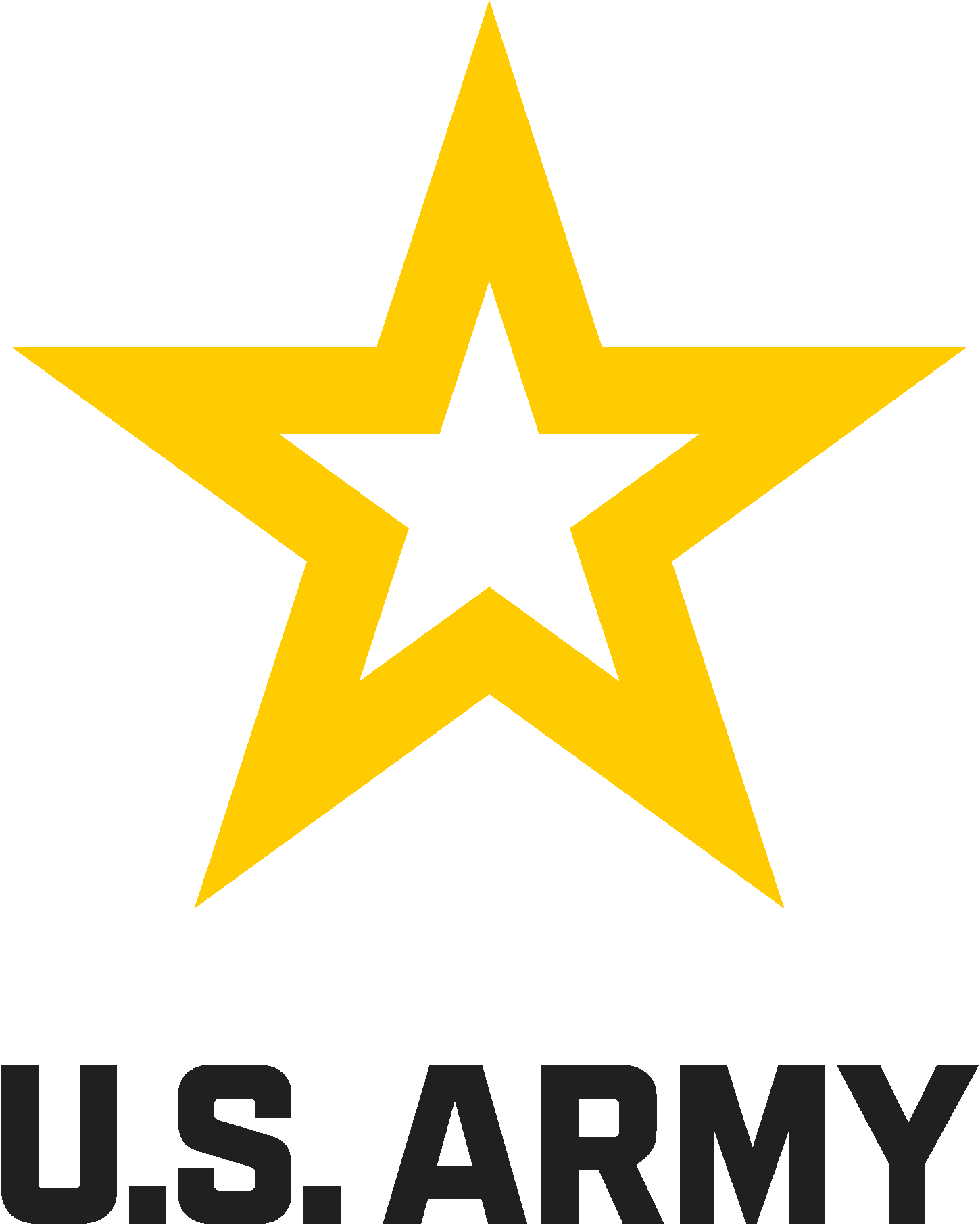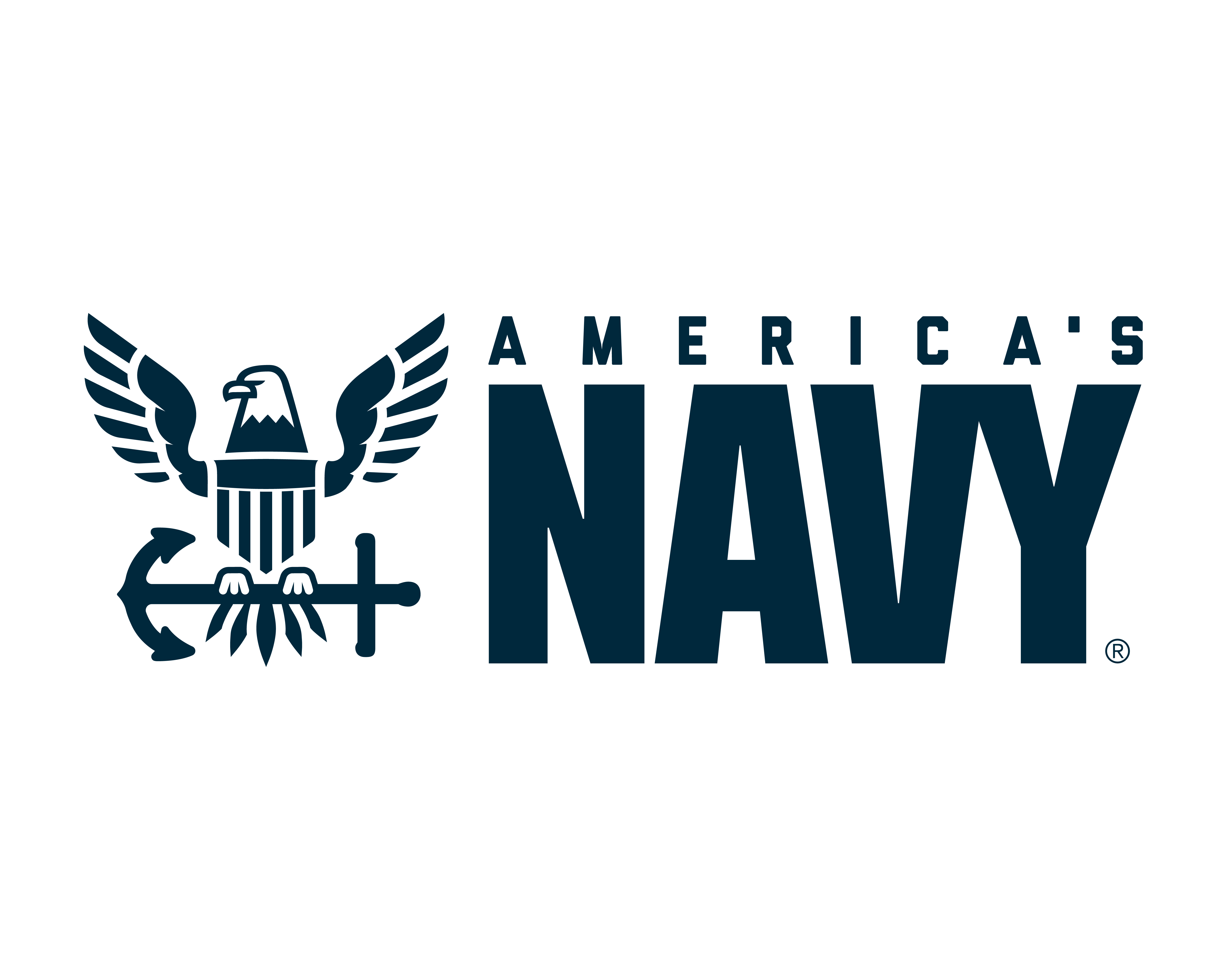Types of Military Service
There are many ways to serve your country in the Military. Service members are assigned jobs based on their abilities, test scores and service needs. Many of the jobs available have civilian equivalents and offer training that translates to a future civilian career.
Each Service has a corresponding Reserve component, and most states and territories have an Army National Guard or Air National Guard unit.
Jump to Section

Enlisted vs. Officer
In all military branches, service members are divided into two categories: enlisted or officer. Enlisted members are employed in almost every type of military career. They make up approximately 82 percent of the overall active-duty military workforce (this figure includes noncommissioned officers (NCOs), who, despite the title, are higher-ranking enlisted personnel).
Officers are generally employed in management roles or highly specialized fields that require more training (e.g., doctors, lawyers and chaplains). Commissioned officers account for approximately 18 percent of all active-duty service members.
As you might expect, training to be an officer vs enlisting as a recruit differs as well. Officers train to hone their management and planning skill sets, while enlisted recruits focus on a particular trained specialty.
Learn More About Enlisted and Officer Paths
Full Time
Active Duty
Active Duty means that service members' jobs are full time, whether they are deployed overseas or domestically. These service members receive a regular paycheck and full benefits, including health care, a housing allowance and 30 days of paid vacation per year.
Part Time
Reserve
Reserve service members receive the same training as their active-duty peers but do so close to home, until they are needed to deploy. Although some reservists serve full time, most usually hold a regular full-time civilian job and typically train one weekend per month, plus two weeks of field exercises each year. Reserve service members are paid for all the time they spend training or deployed, and receive many of the same benefits as active-duty personnel.
National Guard
The Army National Guard and Air National Guard are community-based and report to the governor of their respective state unless called to protect U.S. domestic interests in times of conflict or natural disasters. They may also be deployed internationally alongside full-time service members when necessary. Members of the National Guard hold civilian jobs or attend school while conducting their military training part time. They're required to train one weekend per month and perform two weeks of field exercises per year. National Guard units are found in most U.S. states and territories.

Types of Service
Each branch of the Military offers training on a unique range of skills.
Army
About
The Army protects the security of the United States and its resources.
Enlistment Career Training
As the oldest and largest military branch, the Army trains personnel in everything from business administration to food service, logistics and procurement. Following Basic Training, Soldiers receive additional training in job-specific skills, many using advanced technology. This training is not only essential for the demands of 21st century defense but also makes Soldiers more marketable in today's information-based society.

Careers
Learn More
Marine Corps
About
Working closely with the Navy, the Marine Corps is often first on the ground in combat situations.
Enlistment Career Training
After Recruit Training, Marines attend the School of Infantry. Marines with a Military Occupational Specialty (MOS) classified under infantry are trained at the Infantry Training Battalion (ITB), while all noninfantry Marines are trained at the Marine Combat Training Battalion (MCT). After that, they receive either formal school training or on-the-job training. Emphasis is placed on practical skills application in every job.

Careers
Learn More
Navy
About
The Navy defends the right to travel and trade freely on the world's oceans and protects national interests overseas.
Enlistment Career Training
After Boot Camp, Sailors are trained in hundreds of job specialties: traffic controller, information systems technician, intelligence specialist, interior communications technician, aviation and sonar technician, to name a few. You'll find plenty of jobs on the water, but not everything happens on ships. The Navy also needs health care workers, interpreters, pilots, chefs and hundreds of other specialists.

Careers
Learn More
Air Force
About
The Air Force protects American interests at home and abroad with a focus on air power.
Enlistment Career Training
Following Basic Military Training, Airmen are given further training to prepare for career specialties. Some Airmen even attend the Community College of the Air Force (CCAF) and earn a two-year associate’s degree. There are plenty of Air Force jobs in fields beyond aviation, from public affairs to legal services and financial management. Like other Services, the Air Force uses the latest technology in its programs.

Careers
Learn More
Coast Guard
About
The Coast Guard protects the public, the environment and U.S. economic and security interests in any maritime region, including international waters and America's coasts, ports and inland waterways.
Enlistment Career Training
After Recruit Training, Coast Guardsmen receive advanced training in specialties that support the Service's three roles of Maritime Safety, Maritime Security and Maritime Stewardship. Enlisted jobs include deck and ordnance, engineering and hull, administrative and scientific, aviation, port security and investigation. The Coast Guard has also worked closely with its counterparts in marine ecology and environmental studies to create transferable job skills

Careers
Learn More
Want to see more? Explore Futures Magazine
See how service members are achieving their personal and professional goals while leading fulfilled lives.
Learn More
Related Resources
Military Benefits
Learn about salary, health care, vacation and more.
Learn More